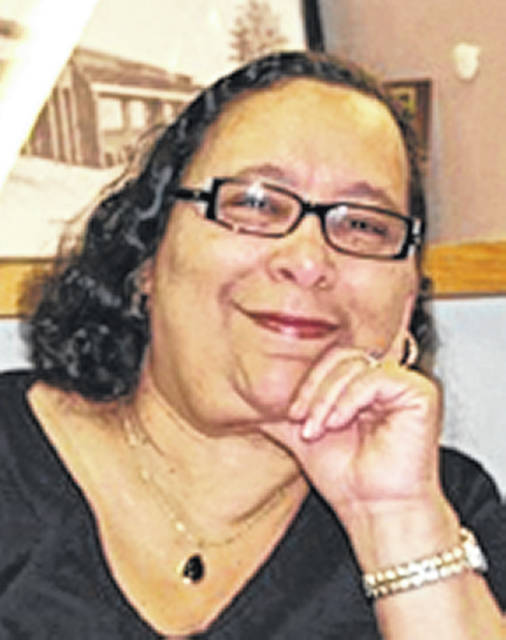
My dissertation was on white teacher questioning practices of black students and white students.
I found a distinct difference in the types of questions the white teachers in the study generally asked white students and black students. Black students were most often asked low level questions that had a definite answer; white students were more likely to be asked higher level questions that could include interpretation of variables and critical thinking.
In the current climate, with race firmly on the front porch of many discussions and many workplaces, I began to think once again about the role of race in the relationship between teacher and student. Some of the best teachers I have known, including ones I had as a student and the ones I taught with, have been white. Some of the worst teachers I have known have been white. That is only logical since most teachers are white in our public school system. More than 80 percent of public school teachers are white; fewer than 50 percent of public school students are white.
The question is not whether or not there are incidents of bias and prejudice that black, and other racial minority, public school students encounter; they are reported fairly regularly. But how often do they occur and what is the impact they have on student achievement? There has been precious little research done on the subject. There is a pervasive myth in our country that public servants are without prejudice. That is facetious. As far as I know there is absolutely no barrier to a bigot getting to be a teacher, or any other public servant.
Because school is a requirement, however, and interaction with teachers is mandatory, it is rather disturbing that there does not seem to be more attention paid to the impact that such racism might have on instruction, achievement and student/teacher interaction. It is naive to presume that all white teachers would know much about black people in general and their black students in particular. Myths about black intellect and scholarly interest are rampant. No teacher prep program that I know of currently requires a black history course or any discussion or exploration of systemic racism. The only teacher inservice I have ever heard of that addresses the issue of implicit bias has been started very recently in California. Black teachers have to know white culture since we not only live in it, we studied it in school. We can have misconceptions about our white students, but none of the pervasive stereotypes imply white people tend to be intellectually or culturally inferior.
My second year I taught at Roosevelt High School in inner city Dayton was one of my favorite years of teaching. There were about 3,000 black students but the staff was quite diverse. The teacher across the hall from me was a white teacher who rather considered herself a martyr for teaching there. She felt bad for our mostly poor high schoolers and told me so. She also told me that she did not try to task them with too much work since they had such hard lives. She had good intentions, but she was not doing them any favors.
It is time to take a look at the achievement gap frequently found in our schools between black students and white students from another perspective. Rather than examining the issues that might be facing the black students we might want to begin to ask some questions about what issues might be facing their white teachers and the impact of those issues on instruction and student/teacher relationships.


